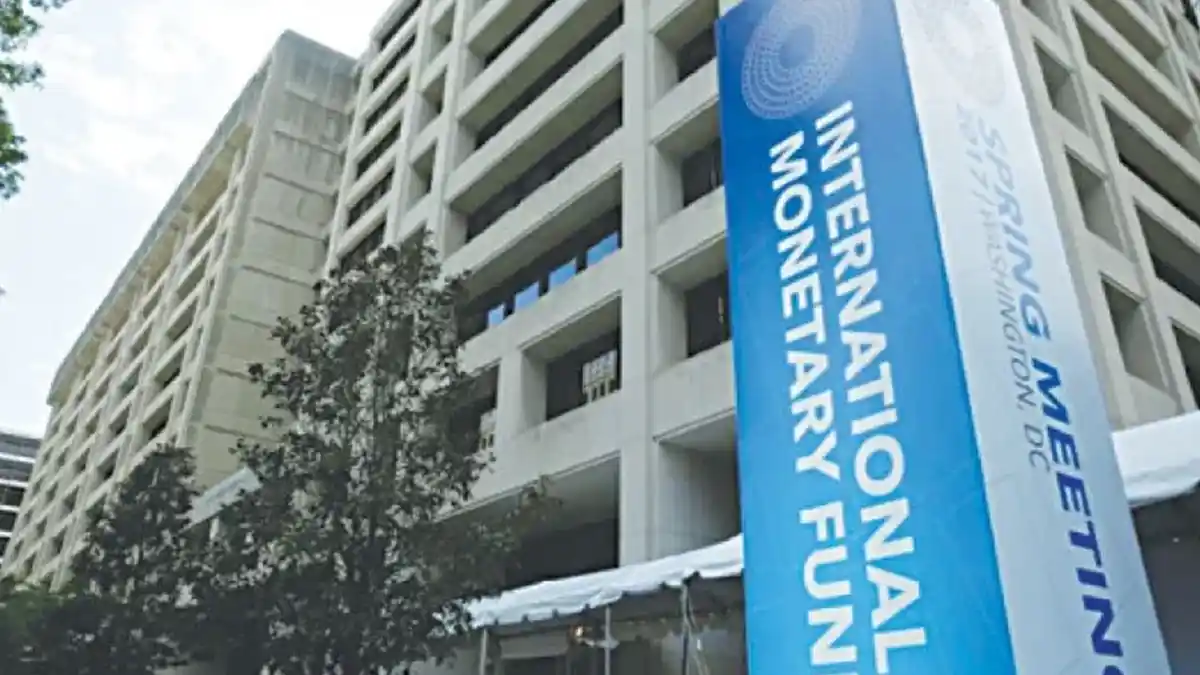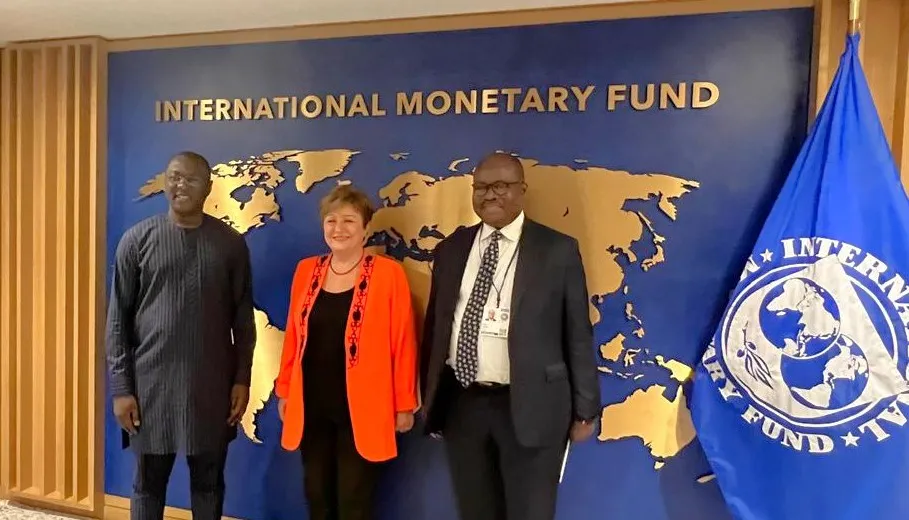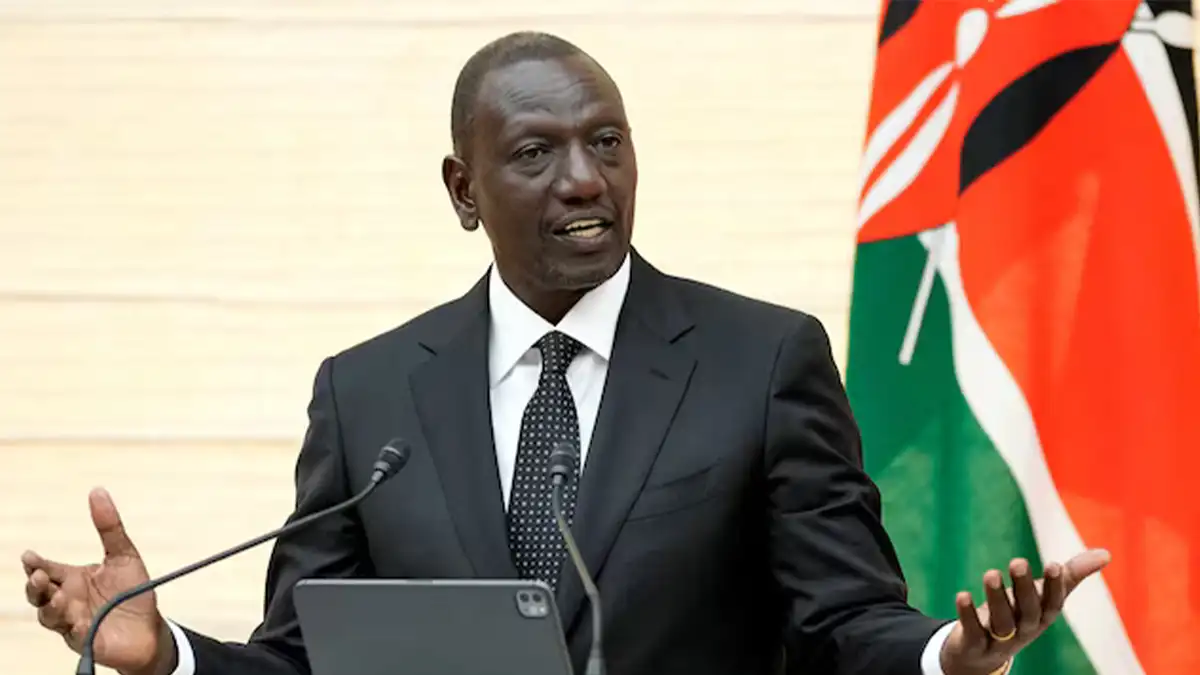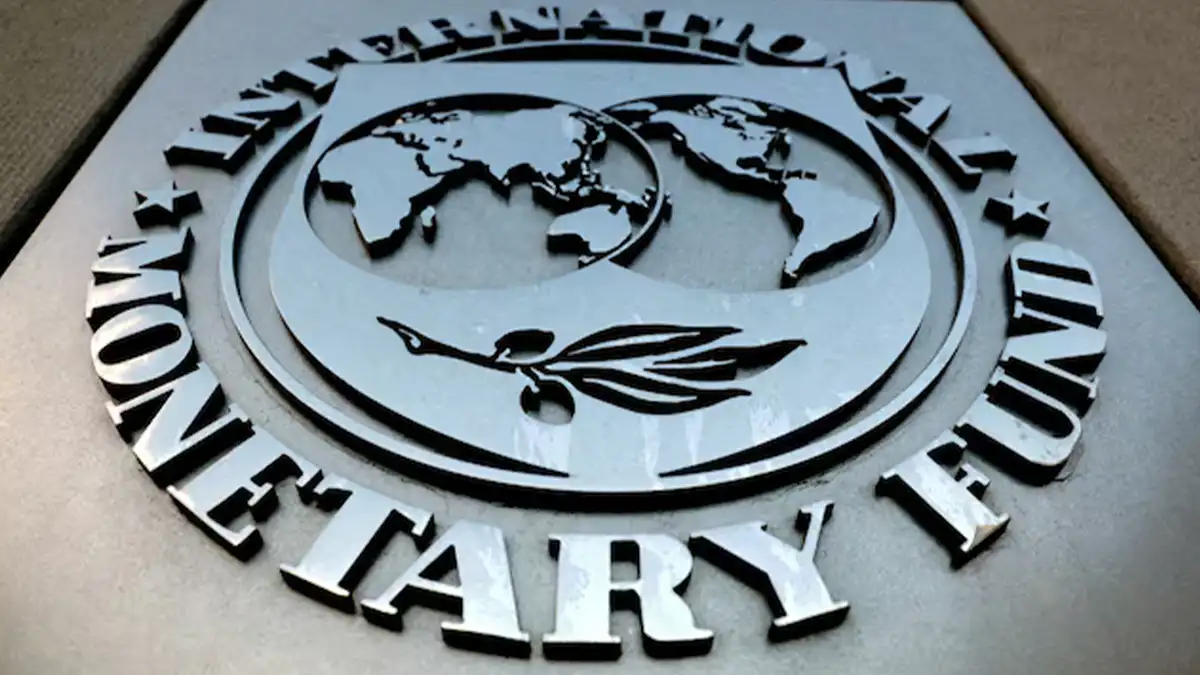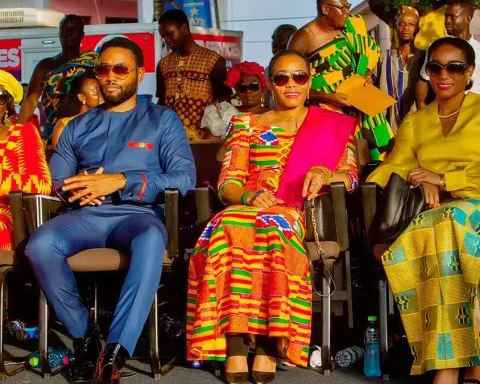In the aftermath of the NPP Presidential election, Ghana finds itself grappling with a daunting economic crisis that demands immediate attention.
The nation's economy, plagued by mismanagement, stands on the precipice of collapse, heavily reliant on a $3 billion financial lifeline from the IMF.
In May 2023, the IMF Executive Board greenlit a $3 billion Extended Credit Facility Arrangement for Ghana, disbursing an initial $600 million.
However, the second tranche of $600 million, slated for delivery on November 1, 2023, remains outstanding as of November 7.
The delay raises questions about the government's adherence to the IMF's stipulated conditions for subsequent payments.

The administration had intended to renegotiate around $10.5 billion of Ghana's external debts as part of the IMF's prerequisites.
Reports from Washington DC suggest sluggish progress in negotiations with significant creditors, including China and the Paris Club.
This lack of headway poses a substantial threat to Ghana's economic recovery.
Transparency regarding the status of external debt restructuring is urgently needed, alongside confirmation of the impending second tranche payment's timing as mandated by the IMF's payment schedule.
Furthermore, the $1.5 billion Ghana Financial Stability Fund remains unrealized, despite missed deadlines in July and October.
This delay, coupled with the government's perceived inaction in bolstering the financial sector, fuels concerns of an imminent banking crisis.

